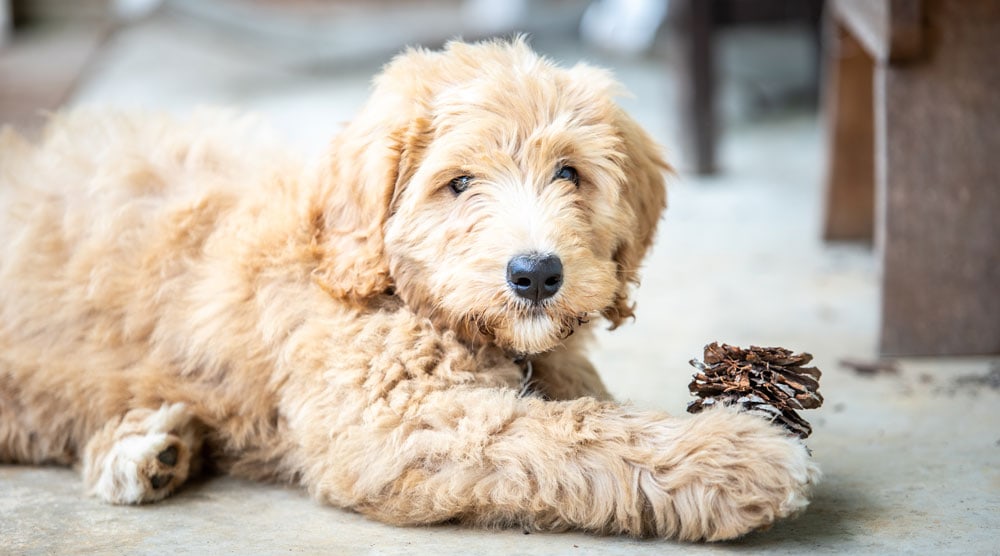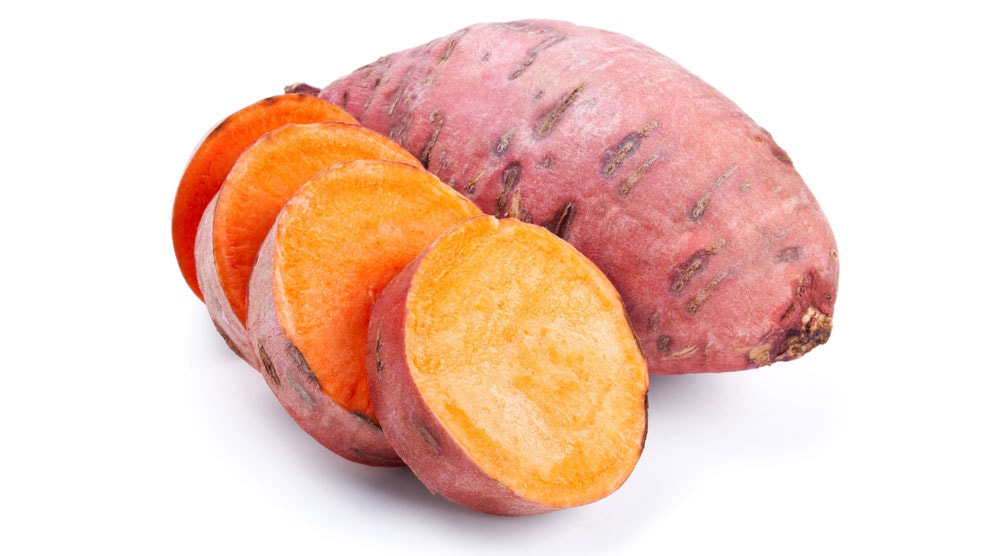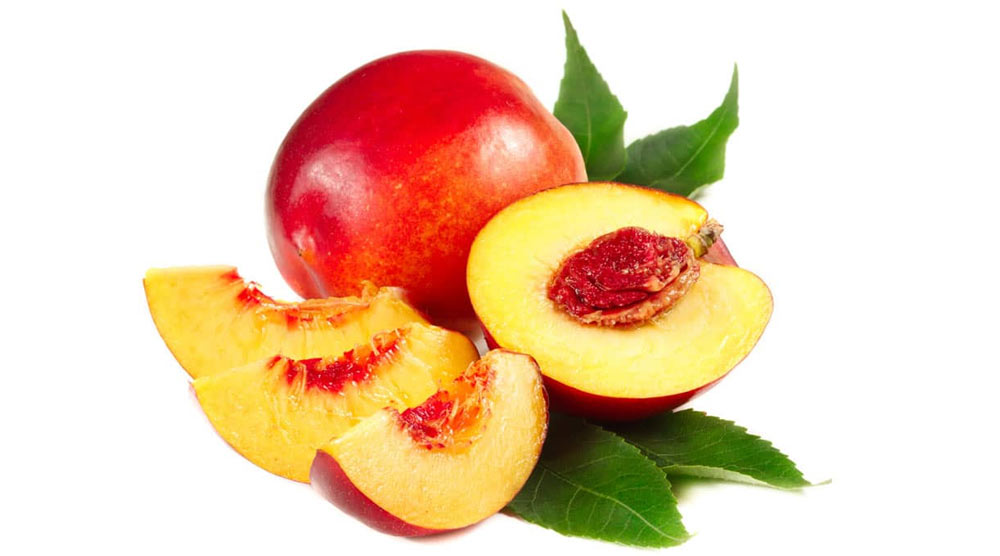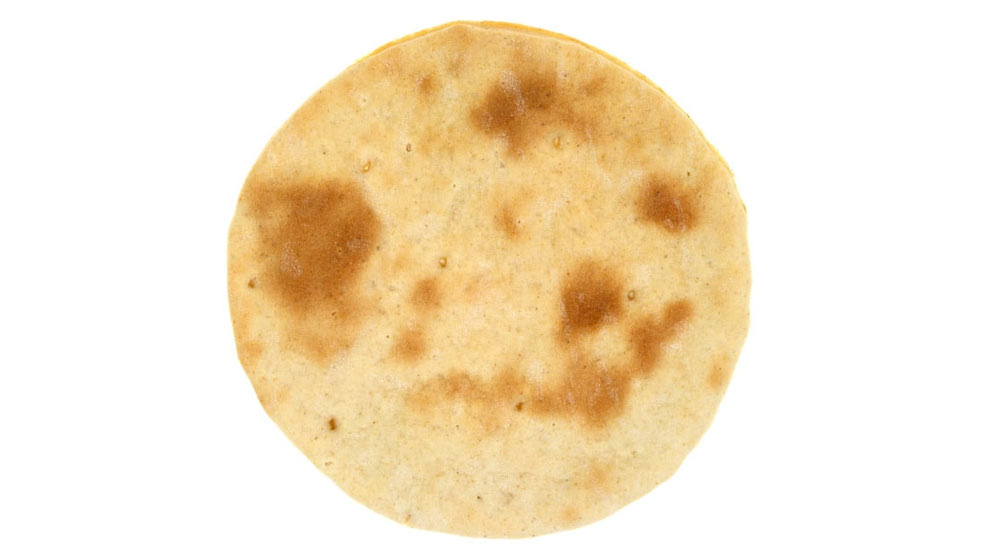Dogs often chew random items they find on a walk – and pine cones are a common example (especially in fall and early winter). But are pine cones safe for dogs to chew or eat?
Unfortunately, pine cones can be very dangerous for a dog to chew.
While not toxic, pine cones have sharp edges that can damage the mouth, throat, and even the intestines. The large size of pine cones can be a choking hazard, especially for smaller dog breeds. They are also difficult to digest and can cause intestinal blockages.
Let’s look closer at why pine cones are dangerous and should never be used as a dog toy.
Contents
Why Pine Cones Are Dangerous for Dogs to Chew

Pine cones might seem harmless, but there are many risks associated with a dog chewing them.
These include:
- Chunks of a pine cone can be a choking hazard
- The sharp edges can cause wounds to the mouth and throat
- The sharp edges can also damage the intestinal lining, potentially causing serious medical problems
- As pine cones are difficult to digest, they can become lodged in the stomach or intestine, leading to a blockage that may require surgery to remove
- Eating pine cones can cause gastrointestinal issues, such as vomiting or diarrhea
- Some dogs are allergic to the seeds inside a pine cone
Are Pine Cones Poisonous to Dogs?
Despite the many risks of chewing pine cones, they are not toxic for dogs to eat. This doesn’t mean they are safe, but they don’t have a toxic effect once they enter the dog’s body.
However, pine needles and pine sap can cause stomach irritation. These are often attached to a fallen pine cone, although dogs typically need to eat a lot of them to experience any negative side effects.
There’s also a small risk that pine cones are contaminated with pesticides. This is most common when the pine tree is located near fields of crops.
Related Article: Are Roses Dangerous for Dogs to Eat?
What About Decorative Pine Cones?
Decorative pine cones are dangerous for the same reasons listed above. Additionally, many decorative pine cones are treated with chemicals to preserve the cone and prevent insect infestation.
These chemicals are not safe for dogs to eat. They can have serious health consequences if a dog consumes them, so it’s essential to keep any decorative pine cones out of your dog’s reach.
What Should You Do If Your Dog Eats Pine Cones?
You should call a vet immediately if you suspect your dog has eaten a pine cone, even if there are no symptoms of illness.
In some cases, the vet may recommend taking your dog for an immediate checkup. Alternatively, they might ask you to monitor your dog for other symptoms, depending on how much was eaten and the dog’s size.
You should always take your dog to a vet if you notice any signs of illness, especially after they have eaten a pine cone. Symptoms to watch out for include:
- Loss of appetite
- Lethargy
- Whining
- Restlessness
- Swollen face or difficulty breathing
- Excessive or reduced thirst
- Air licking
- Vomiting or diarrhea
- Panting
- Drooling
- Changes to behaviour
Treatment for eating a pine cone depends on the dog’s symptoms.
For oral wounds, the vet may need to clean the area and close it with sutures. If there is a deep wound, then some of the tissue may need to be debrided.
If pine cones have caused an intestinal blockage, the vet will assess the dog to decide on a treatment plan. The location, size, and length of time since consuming the pine cone can all affect whether surgery is required.
How to Stop Your Dog From Eating Pine Cones
Dogs have a scavenging instinct, so it can be hard to stop them from gobbling down something they want to eat. However, as pine cones can be dangerous for them to chew or eat, it’s important to reduce the risk as much as possible.
Firstly, you should never give pine cones as chew toys – even if you don’t think your dog will actually eat them. The sharp edges can still cause injury to your dog’s mouth and there’s always a chance that the dog will accidentally eat parts of the pine cone.
Instead, give your pet toys that are safe to chew. Kongs, antlers, and other commercial dog toys are all great choices.
When you’re in a woodland with pine trees, keep your dog on a leash and watch them at all times. Try to avoid getting distracted by your phone or anything else, as it only takes a few seconds for a dog to find and eat a pine cone.
Unfortunately, if your dog is a compulsive pine cone chewer (or any other dangerous object), then you might need to consider a muzzle for their own safety. Muzzles should be introduced slowly and using positive methods though (watch the video below for how to create positive associations with a muzzle).
In the long run, teaching a strong recall is one of the best ways to prevent your dog from eating things they shouldn’t. However, it can be dangerous to rely on this until your dog responds to their name reflexively and has a reliable recall, which is why the management strategies above are important.
Finally, you should avoid placing decorative pine cones where your dog might be able to reach them. It’s also a good idea to buy an artificial Christmas tree, as pine needles can cause stomach upset if your dog eats a lot of them.
Tip: Don’t try to teach your dog a “leave it” cue. A strong recall to their name is just as effective and much easier to teach using positive methods.
Summary
Pine cones are not safe for dogs to chew or eat. They are sharp, which can cause mouth, throat, and intestinal wounds. Pine cones are also difficult to digest and may cause intestinal blockages.
For these reasons, you should always contact a vet if your dog has eaten pine cones. It’s also important to prevent your dog from eating them by minimising contact with pine cones and teaching a reliable recall cue.
Do you have any questions about whether pine cones are bad for dogs? Please let us know in the comments below.



